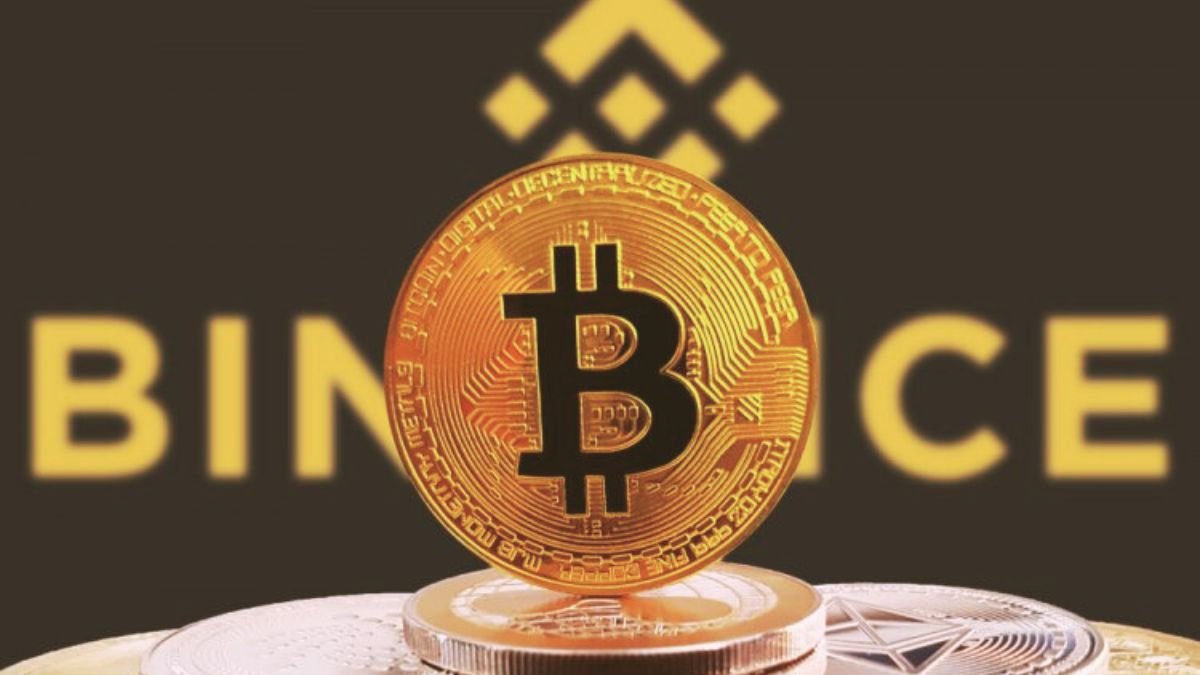
In a landmark move for Taiwan’s financial landscape, electronics manufacturer Wise Link has become the first publicly listed company in the country to officially adopt a Bitcoin (BTC) treasury strategy. This development highlights an accelerating trend across Asia, where corporations are increasingly looking to digital assets for financial diversification and strategic growth.
WiseLink’s $10 Million Bitcoin Bet
According to an official press release, WiseLink is spearheading a $10 million funding round for Top Win International Limited (listed on Nasdaq as SORA) through a three-year convertible note. This investment formalizes a significant capital and technology partnership under a framework dubbed “Bitcoin + Cross-Border Finance.”
The funds raised, which include contributions from Chad Koehn of United Capital Management of Kansas and four other backers, are primarily earmarked for TopWin to purchase Bitcoin for its treasury. The company also has plans to selectively invest in other listed companies that have adopted similar Bitcoin treasury strategies, pending regulatory approval. While TopWin has clarified that it will not function as an investment company, its strategy—fueled by WiseLink’s capital—is a clear signal of intent.
Jason Fang, founder and managing partner at Sora Ventures, celebrated the strategic alignment, stating, “The future is public companies buying public companies that have exposure to digital assets!”
WiseLink’s pioneering decision is poised to act as a catalyst, potentially inspiring a new wave of corporate adoption in the region that blends traditional business expansion with modern digital asset holdings.
Asia’s Corporate Bitcoin Race Heats Up
WiseLink’s move is not an isolated event but rather the latest entry in a burgeoning corporate race across Asia. Several prominent companies have already paved the way:
Metaplanet (Japan): The clear pioneer in the region, this Tokyo-listed firm has strategically positioned itself as “Asia’s MicroStrategy.” Metaplanet has already amassed 18,113 BTC and has set an ambitious goal of holding 210,000 BTC by 2027.
K Wave Media (South Korea): The Nasdaq-listed K-pop entertainment company recently announced a partnership with Galaxy Digital. This deal not only includes a direct investment from Galaxy but also unlocks access to nearly $1 billion in institutional capital to fuel KWM’s long-term Bitcoin treasury ambitions.
Genius Group (Singapore): Taking an aggressive approach to its BTC-first strategy, the Singapore-based company dramatically ramped up its Bitcoin treasury goal from 1,000 BTC to 10,000 BTC.
The Bigger Picture: A Looming Supply Shock and Corporate FOMO
This wave of corporate accumulation is occurring against a backdrop of bullish market analysis. While the provided information notes Bitcoin’s price sitting above $118,000, some analysts warn that a major supply shock could push its value toward the $1 million mark.
According to Swan, a Bitcoin-only financial services firm, the current rally is a deliberate and “underhyped” phenomenon driven by corporate treasuries and spot ETFs. These entities are quietly acquiring large amounts of BTC through algorithmic “drip” purchases designed to avoid market disruption.
Swan has outlined a potential four-phase path for this market cycle:
Quiet Corporate Accumulation: The current phase of steady, low-profile buying.
Sovereign Accumulation: Nations begin adding Bitcoin to their reserves.
Large-Scale Bids: Treasury structures are prepared for major, market-moving purchases.
Contagious Narrative: A widespread story of adoption ignites a mania phase.
Adding to this outlook, influencer “American HODL” predicted that corporate FOMO (Fear Of Missing Out) could ignite a treasury bubble rivaling the dot-com boom of 1999. As more companies like WiseLink join the race, the pressure on others to follow suit could trigger the very supply crisis analysts are forecasting.





